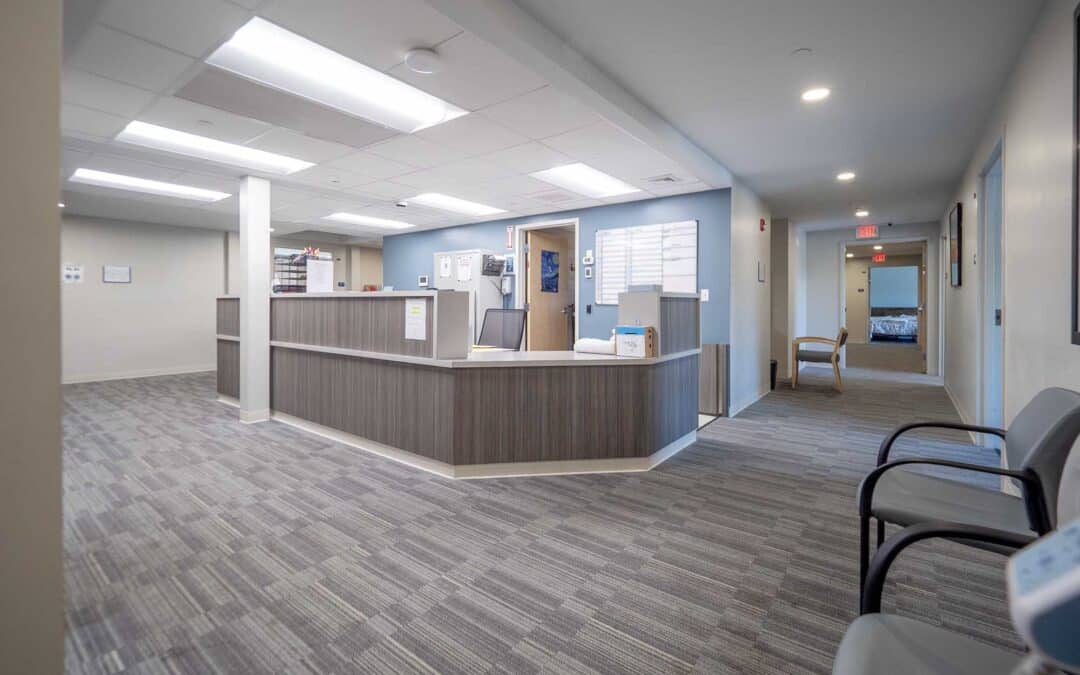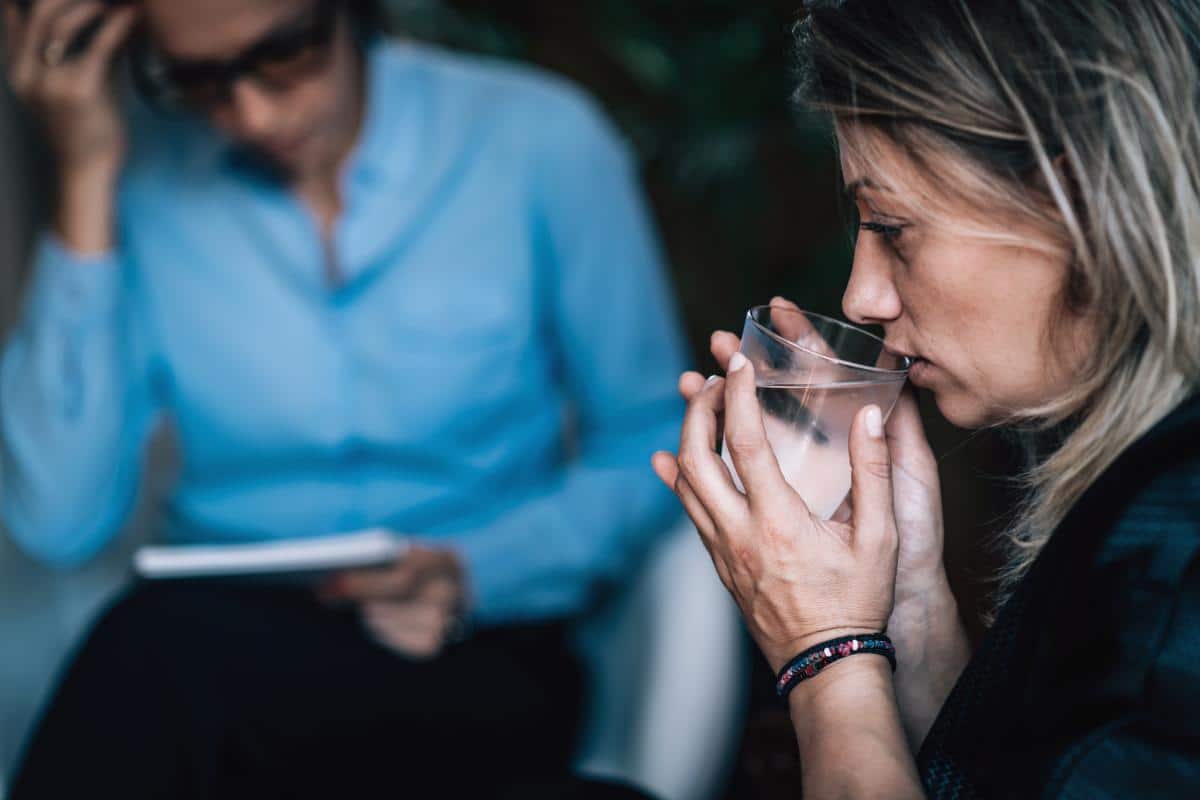Recovery Month, also known as National Recovery Month, is an important time for raising awareness about substance use disorders and promoting recovery. Celebrated every September, this month-long observance aims to highlight the progress made by individuals in recovery, while also emphasizing the vital role of mental health awareness.
Understanding the importance of participating in Recovery Month activities can have a profound impact on individuals, families, and communities affected by addiction. It provides a platform for sharing success stories, reducing stigma, and fostering a supportive environment for those struggling with substance use disorders.
Understanding Recovery Month
What is Recovery Month?
Recovery Month is a national observance dedicated to celebrating the progress made in addiction recovery. It aims to promote access to treatment and support for individuals struggling with substance use disorders. This initiative helps raise awareness about the challenges faced by those in recovery while highlighting the successes and advancements in treatment options.
Role of SAMHSA
The Substance Abuse and Mental Health Services Administration (SAMHSA) plays a pivotal role in leading efforts to increase awareness about substance use disorders. SAMHSA advocates for policies that prioritize recovery-oriented approaches, ensuring that individuals receive comprehensive support throughout their journey to sobriety. By spearheading initiatives like Recovery Month, SAMHSA underscores its commitment to fostering environments where recovery can thrive.
Key Aspects of Recovery Month:
- Celebration of Progress: Recognizing the achievements and milestones reached by individuals in recovery.
- Promotion of Treatment Access: Encouraging those affected by addiction to seek help and utilize available resources, such as Liberty Health Services, which offers private medical detox center & addiction treatment in NH.
- Awareness Raising: Educating the public on the realities of substance use disorders and reducing associated stigma.
Historical Background
National Recovery Month history traces its roots back to Massachusetts, where it began as a grassroots movement aimed at reducing the stigma surrounding addiction. This initiative sought to showcase the effectiveness of treatment through community events and public education. One of the early milestones was the Treatment Works! Celebration Day, which highlighted success stories of individuals who had overcome substance use disorders.
Under the sponsorship of SAMHSA (Substance Abuse and Mental Health Services Administration), Recovery Month gained national recognition. Key milestones include:
- Establishment of the annual theme: Each year, a new theme is introduced to address current challenges and reflect the evolving landscape of addiction recovery.
- Launch of nationwide campaigns: These campaigns aim to increase public awareness and promote access to treatment, ensuring that individuals understand that recovery is possible.
The transition from a local movement in Massachusetts to a national observance underscores the importance of collective efforts in combating addiction. SAMHSA’s initiatives have played a crucial role in elevating Recovery Month, making it a significant time for celebrating progress and advocating for supportive policies.
Themes and Goals of Recovery Month
Annual Themes Since 2022
Each year, Recovery Month adopts a specific theme to spotlight current issues in addiction recovery. These themes provide a framework for organizing activities and discussions.
- 2022 Theme: “Recovery is For Everyone: Every Person, Every Family, Every Community.” This theme emphasized the universal nature of recovery, stressing that anyone can embark on a journey towards sobriety.
- 2023 Theme: “Recovery Happens in Communities.” The focus shifted to the collective effort required to support individuals in recovery, accentuating the role of community support systems.
These themes are not just slogans; they address real challenges faced by those in recovery. By highlighting different aspects each year, Recovery Month fosters a comprehensive understanding of what it means to recover.
Core Goals of Recovery Month
Reducing Stigma: One of the paramount goals is to dismantle the stigma associated with substance use disorders. Public awareness campaigns aim to change perceptions, making it easier for individuals to seek help without fear of judgment.
Increasing Education: Access to accurate information about treatment options and resources is crucial. Recovery Month serves as an educational platform, disseminating knowledge about various pathways to recovery.
Fostering Belonging: Building a sense of belonging within the recovery community is vital. Through events and initiatives, individuals are encouraged to connect with others who share similar experiences, cultivating a supportive network.
By focusing on these goals, Recovery Month not only raises awareness but also actively contributes to creating an environment where recovery is understood and celebrated.
Events and Activities During Recovery Month
September is packed with various events and activities designed to support and celebrate the recovery community. These events range from walks and webinars to rallies, each offering unique opportunities for individuals to engage in meaningful ways.
Here are some examples of events you might find:
- Walks: Organized walks often serve as fundraisers and awareness campaigns, bringing communities together to show solidarity.
- Webinars: Virtual seminars provide educational resources, featuring experts discussing best practices in recovery and treatment options.
- Rallies: Public rallies highlight personal stories of recovery, aiming to reduce stigma and advocate for supportive policies.
Local organizations play a crucial role in hosting these initiatives. Community centers, non-profits, and advocacy groups typically spearhead efforts to ensure that events are accessible and impactful. Engaging with these local entities can help you find valuable information on upcoming activities.
How to Find Events for Recovery Month 2024
To find events for Recovery Month 2024, you can:
- Visit official websites like SAMHSA for a calendar of national events.
- Check community bulletin boards at local health services or community centers.
- Use social media platforms to follow hashtags related to Recovery Month, which often feature event announcements.
- Reach out directly to local organizations involved in addiction recovery for specific details on planned activities.
Participating in these events fosters a sense of belonging and provides educational benefits, making it easier for individuals and families to navigate the journey of recovery.
The Importance of Public Awareness Campaigns
Public awareness campaigns are essential for educating the community about various ways to recover from substance use disorders. These campaigns improve mental health education by spreading information on proven treatment methods, such as cognitive-behavioral therapy (CBT) and medication-assisted treatment (MAT). By offering clear and precise information, these initiatives empower individuals to make informed choices about their recovery journeys.
Overcoming Stigma through Compassionate Messaging
Stigma continues to be a major obstacle for those seeking help for substance use disorders. Misunderstandings and societal judgments often discourage individuals from reaching out for support. Public awareness campaigns aim to break down these barriers by promoting compassionate messaging that encourages understanding instead of judgment. Highlighting personal stories of recovery, sharing success rates of different treatment methods, and providing supportive resources can create an environment where individuals feel safe to seek help.
Shifting Culture through Empathetic Communication
The importance of empathetic communication cannot be emphasized enough. Campaigns that portray addiction and recovery in a human light contribute to a cultural shift, promoting acceptance and support within communities. This shift is crucial for creating a society where individuals affected by addiction can receive the assistance they require without fear or shame.
Collaborations Between Organizations and Government Agencies
Key stakeholders play a crucial role in promoting Recovery Month, ensuring that the message of hope and recovery reaches a broad audience. Faces & Voices of Recovery is one such advocacy group that amplifies the voices of individuals in recovery and their families. This organization collaborates with various entities to foster a supportive environment for those battling substance use disorders.
Government agencies like the Office of National Drug Control Policy (ONDCP) are instrumental in these efforts. The ONDCP coordinates national drug control policies and supports initiatives aimed at reducing substance use and its consequences. Their work often intersects with Recovery Month activities, providing essential resources and policy support.
Local coalitions also contribute significantly to building healthier communities free from addiction. These grassroots organizations often organize events, provide educational materials, and offer direct support services. By working together, advocacy groups, government agencies, and local coalitions create a robust network that promotes recovery-oriented approaches.
During Recovery Month, these collaborations become even more visible as they unite to host events and campaigns. The combined efforts of these stakeholders highlight the importance of community involvement in supporting individuals on their journey to sobriety.
Accessing Resources for Supportive Treatment Practices
Finding resources for recovery support is crucial for anyone starting their journey towards sobriety. There are various hotlines and online platforms available that offer immediate assistance and guidance.
Hotlines
These provide 24/7 support and are often the first step in seeking help. Examples include the National Helpline (1-800-662-HELP) operated by SAMHSA, which offers confidential assistance.
Online Platforms
Websites like Recovery.org and the Substance Abuse and Mental Health Services Administration (SAMHSA) offer extensive directories of treatment centers, support groups, and educational materials.
Engaging with these resources early can significantly impact the recovery process. Early intervention often leads to better outcomes, providing individuals with the necessary tools and support to navigate their path to sobriety effectively.
By using these resources, individuals can connect with professional help, gain access to therapeutic programs, and join communities that foster recovery. This proactive approach highlights the importance of utilizing available support systems tailored to meet diverse needs in the journey towards a healthier life.
Engaging with Diverse Stakeholders Within the Recovery Community
Engaging various stakeholders within the recovery community is crucial for a comprehensive approach to substance use disorders. Military personnel and first responders often face unique challenges related to their service roles, including high-stress environments and exposure to traumatic events. Addressing their specific needs during Recovery Month can enhance support systems tailored to these groups.
Key stakeholders include:
- Military Personnel: Programs that offer specialized counseling and peer support can significantly impact their recovery journey.
- First Responders: Customized initiatives focusing on mental health and stress management are essential.
Promoting collaboration between these groups and local organizations fosters a more inclusive recovery community. This engagement not only provides targeted resources but also strengthens the overall support network for all individuals affected by addiction.
Liberty Health Services, Celebrating Recovery Month
In honor of Recovery Month, Liberty Health Services is here to support you or your loved one on the journey to healing and sobriety. Our dedicated team is ready to provide compassionate care and help build a foundation for lasting recovery. If you’re ready to take the next step or simply want more information, please don’t hesitate to reach out to us at 855.959.4521. Recovery is possible, and we’re here to guide you every step of the way.


